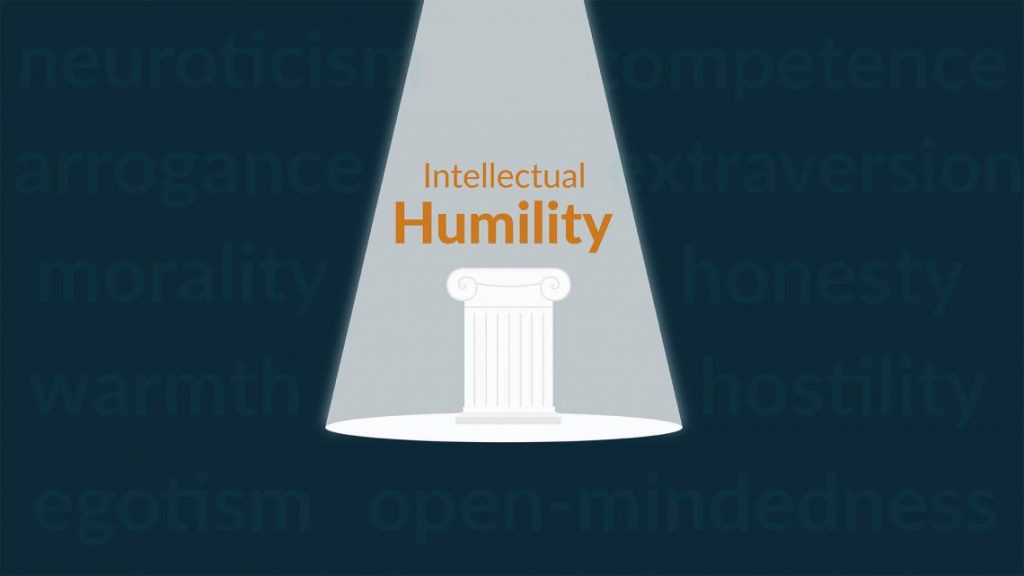Posts Tagged ‘curiosity’
New book encourages readers to embrace uncertainty in order to improve decision-making, mental health, and more
Life is uncertain. We never know what will happen, and many things are unknowable. This can make us feel stressed or worried, since the unknown is associated with danger. But as journalist Maggie Jackson argues in her new book, Uncertain: The Wisdom and Wonder of Being Unsure, there are many benefits to allowing ourselves to…
Read MoreCould I be wrong? Exploring cognitive bias, curiosity, intellectual humility, and lifelong learning
Welcome to a new edition of SharpBrains’ e‑newsletter, featuring eight timely scientific and industry news plus a few fun teasers to appreciate our unique human brains. #1. Could I be wrong? Exploring research on cognitive bias, curiosity, intellectual humility, and lifelong learning “None of us thinks that our beliefs and attitudes are incorrect; if we…
Read MoreCould I be wrong? Exploring research on cognitive bias, curiosity, intellectual humility, and lifelong learning
A few years ago, I asked a sample of adults to think about all of the disagreements that they have with other people, from minor disagreements about relatively unimportant issues to major disagreements about important matters. Then, I asked them to estimate the percentage of disagreements they have with other people in which they are…
Read MoreTranscript: Alvaro Fernandez on Brain Health and Non-invasive Cognitive Enhancement
Below you can find the full transcript of our engaging Q&A session yesterday on lifelong cognitive fitness, “mental capitalism”, and more, with Alvaro Fernandez, co-author of The SharpBrains Guide to Brain Fitness, moderated by Harry Moody, Director of Academic Affairs at AARP.
Read MoreA Love affair Across Generations: A Lamarckian Reincarnation?
Eric Jensen alerted me to a research study published in the February 4th Journal of Neuroscience — Transgenerational Rescue of a Genetic Defect in Long-Term Potentiation and Memory Formation by Juvenile Enrichment. We both had the same initial WOW! feeling that we had experienced when we first read about the discovery of mirror neurons a…
Read MoreNeuroscience Core Concepts: What is “It” in Use It or Lose It?
We all have heard “Use It or Lose It”. Now, what is “It”? how does “it” work? why is “it” our best (and too often unrecognized) friend? The Society for Neuroscience (SfN) has just released a user-friendly publication titled Neuroscience Core Concepts, aimed at helping educators and the general public learn more about the brain. Description:…
Read More


